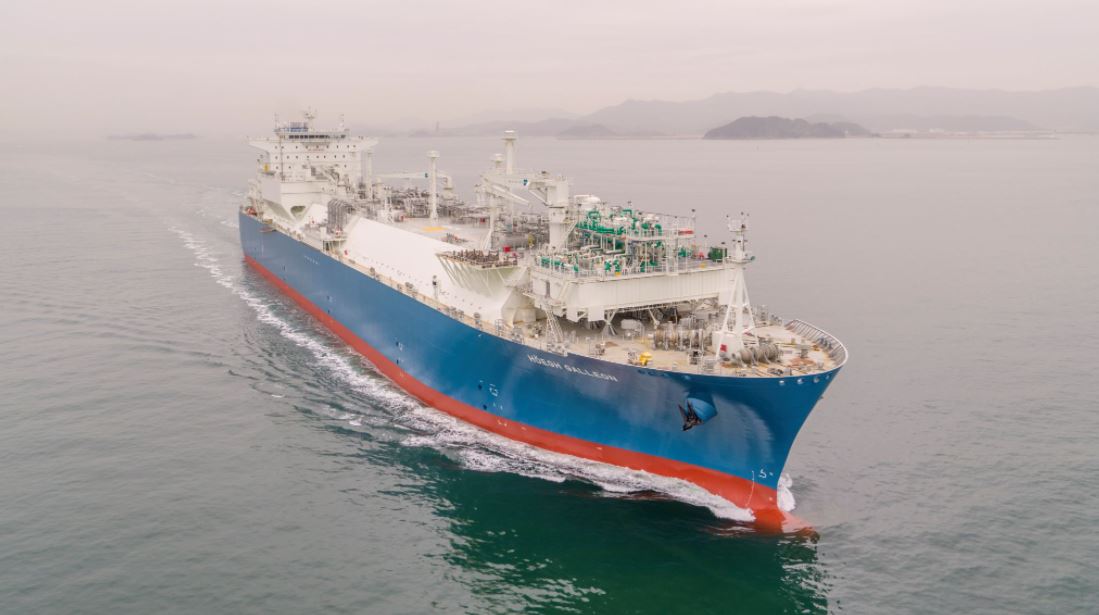Australian Industrial Energy (AIE) said it has signed a long-term FSRU charter deal with floating player Hoegh LNG for its Port Kembla import terminal in New South Wales.
Under the deal, the 170,000-cbm Hoegh Galleon will serve the terminal, which has commenced construction of its berth facilities at Port Kembla, AIE, owned by Australian businessman Andrew Forrest’s Squadron Energy, said in a statement.
AIE expects the LNG import facility to go online by mid-2023, making it the first project of its kind in Australia.
The Port Kembla terminal will have the capacity to deliver over 100 petajoules of natural gas each year. This represents about 75 percent of NSW total market needs, according to AIE.
Also, the Australian firm has previously selected the Hoegh Galleon as the project’s FSRU, but it did not take a final investment decision.
Hoegh LNG recently said it had entered into a deal to charter one of the company’s FSRUs with a “large utility customer” and earlier this year said it was close to clinching a charter deal with AIE.
The group’s fleet consists of ten modern FSRUs and two LNG carriers. Hoegh LNG Partners operates five of these vessels.
New generation FSRU
In addition to the charter deal, AIE and Hoegh LNG have agreed to collaborate on the future design and development of a new generation FSRU capable of receiving clean fuels which can be used as part of “future green energy supply chains.”
AIE said initial feasibility work on the new FSRU would begin immediately, while the partners are still working on the final design.
The firm says the vessel would have the capability of delivering both natural gas and green hydrogen or derivatives thereof, unlocking further opportunities for the LNG terminal to support a future hydrogen energy industry in Australia.
Chairman of AIE and Tattarang CEO Andrew Hagger said the agreement with Hoegh LNG supports AIE’s vision to “actively resolve the energy crisis on the East Coast and accelerate the use of clean energy fuels that support net zero ambitions.”
“With the phasing down of Australia’s fossil fuel industry already underway, the terminal will be critical to ensuring hundreds of thousands of Australian businesses and households avoid supply shortfalls from 2023 onwards,” Hagger said.
“Now that critical infrastructure agreements and approvals are in place for the terminal, we look to NSW and Victorian natural gas retailers to now take active steps to help resolve the energy security crisis they have warned about,” he said.

